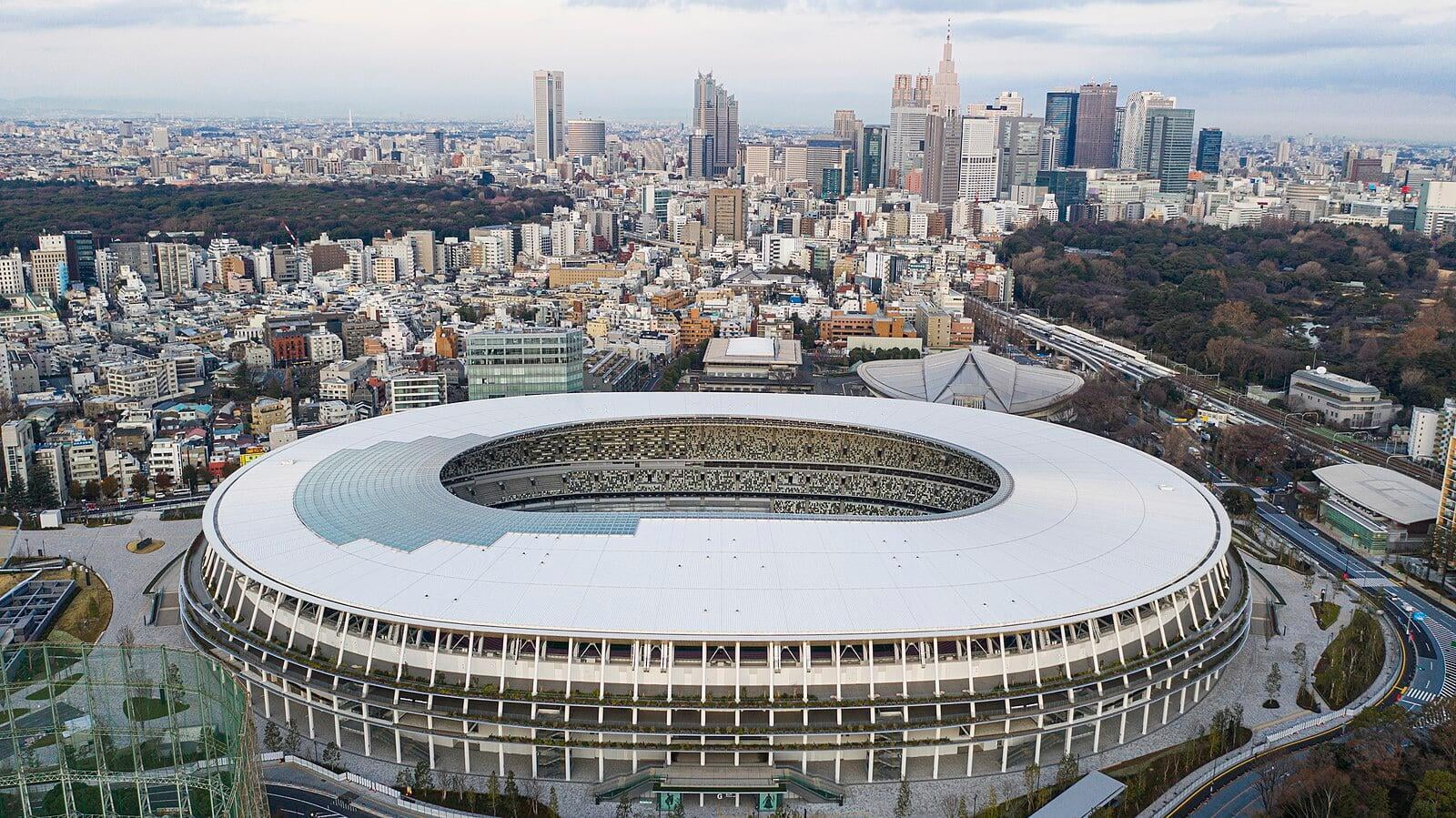Japanese Society Secrets Revealed During Tokyo Olympics 2020

Japan is hosting the Tokyo Olympics 2020. Japan has a reputation for isolationism. For centuries they've kept their distance from building their intimate relationships with others. They've protected their cultural traditions and don't want outsiders unduly influencing their society.
Some were perhaps surprised and still are reeling in shock that approximately 10% of their 500+ Olympic delegation are mixed-race or 'hafu' children, where one parent isn't full Japanese by blood.
Many of those 'hafu' have a parent of African or Caribbean descent. Pretty cool since my family is from the Caribbean. And Japan is putting on a great public face, no racism to see here. But stories are coming to light that all isn't what it seems. The country has a long-standing history of isolation, insulating itself from foreign invasion and influence. So it was incredibly unique for Japan to promote their mixed-race athletes publicly.
According to a recent New York Times article, when you dig further into Japanese society, you see factions similar to the United States. Some factions promote the ideology that being Japanese requires blood purity. But what's the end goal of that ideology? How nefarious is it? Historically this belief has led to atrocities. Early 20th century Germany or the Rwandan genocide are just two of many examples.
The Tokyo Olympics put Japan in the spotlight, but they aren't the only country, culture, or society to contend with progressive thinking versus traditional conservative ideals. Either way, when humans are involved, real people, no one can afford to brush it off or turn their backs on the situation. Modern-day slavery, torture, and oppression, because of one's race are unacceptable, and the world community must do more to combat the worst of these human actions.
Back to Japan. Many people in the country strongly express, 'we aren't racist; we are an inclusive society .' Maybe this is true compared to other places. Yet, Japan isn't absolved of its responsibility to all citizens and must contend with public outcries that racism exists there.
People who are different are often marginalized, institutionalized, ostracized, belittled, and bullied. Japan's mixed-race heroes like tennis star Naomi Osaka and professional baseball player Louis Okoye have pointed to negative comments or physical abuse due to their skin color.

Back in June 2021, Mr. Okoye tweeted, "I would look out from the balcony of our home and think, if I jumped off and was born again, maybe I can come back as a normal Japanese person." It's been retweeted 52,000 times. Fortunately, most of the comments were overwhelmingly positive, with full support for Mr. Okoye. It's understandable when you don't fit into society's "norms" that one ponders what it means to fit in and figure out how to make it happen. But that begs the question, 'what would you do?' If one finally figures out how to fit in, do they support, stand up, and fight for the rejected, the misfits?
Let's face it Japan isn't unique; racism exists everywhere. It doesn't need to, but it does. During the Tokyo Olympics 2020, Japan has an opportunity to go further than many countries in publicly and privately embracing people of all types, regardless of their lineage. Show us the way Japan, the world, is watching.

More content available on YouTube!
